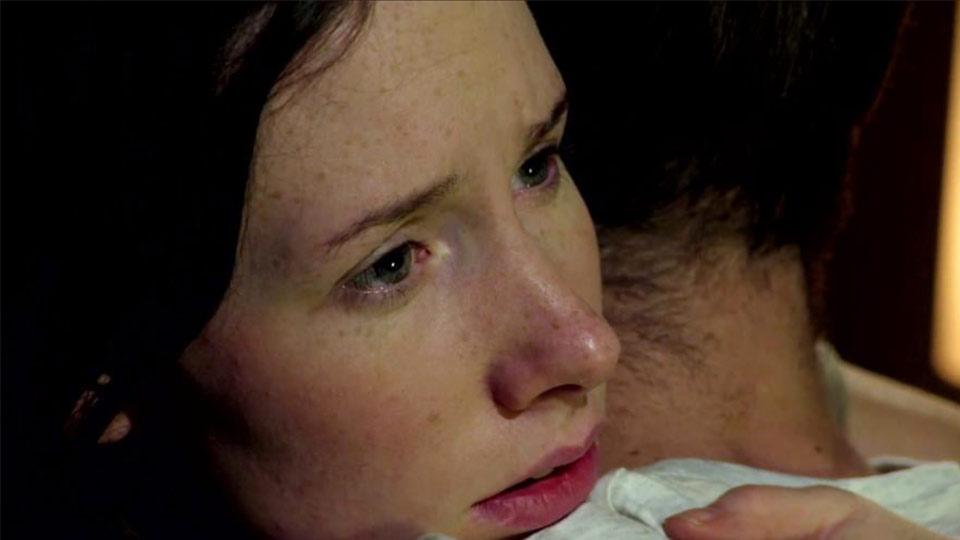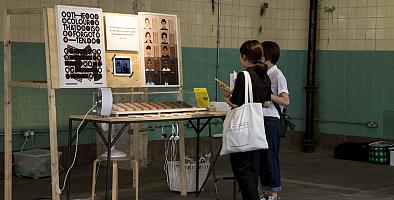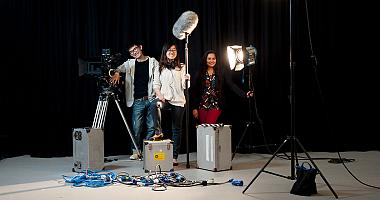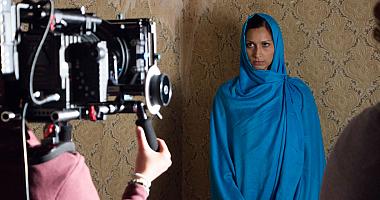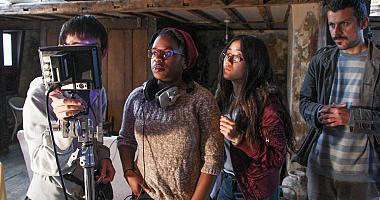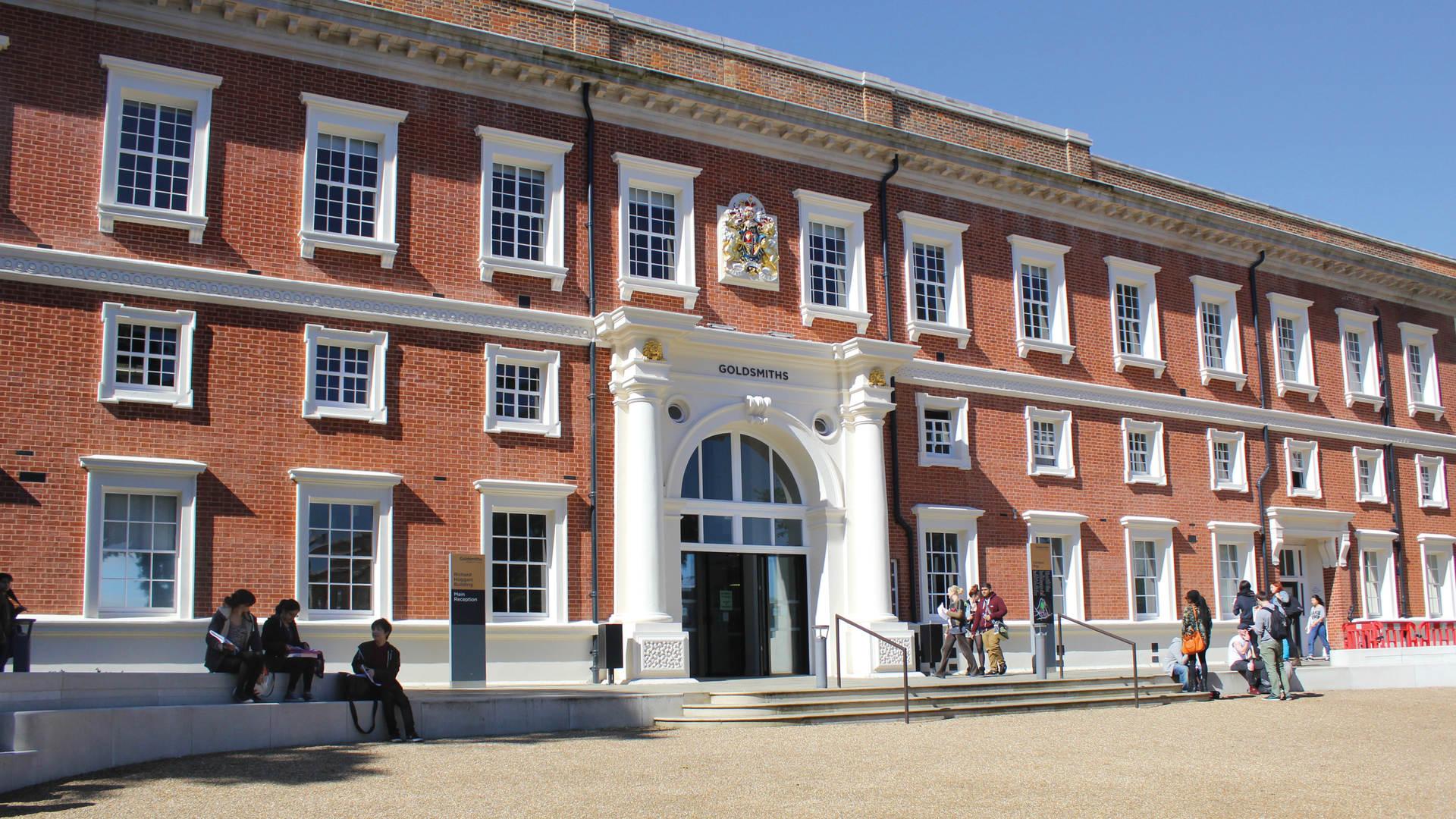Course information
Department
Length
1 year full-time
Scholarship information
Course overview
Something happens when you add sound to an image. And filmmaking depends upon the strength of this relationship. Ultimately it’s what makes a film work – it’s what moves your audience.
- MA Filmmaking (Sound Recording, Post-Production & Design), is housed in a new purpose-built media facility equipped with state-of-the-art teaching spaces including a film studio for sound shooting, Pro Tools suites, Audio Postproduction facilities with Foley recording studios, Avid Media Composer, screening rooms and an Avid NEXIS network linking all teaching spaces.
- Goldsmiths is an Avid Learning Partner offering Sound students accredited training in Pro Tools and the opportunity to certify as an Avid Pro Tools Specialist, enhancing student's skills and CV.
- The Department of Media, Communications and Cultural Studies has been ranked 2nd in the UK for 'world-leading or internationally excellent' research (Research Excellence Framework, 2021) and 16th in the world (3rd in the UK) in the 2024 QS World Rankings for communication and media studies.
The questions we explore
- You'll learn the fundamental technical skills necessary to begin a career in screen sound, both as a location sound recordist and post-production sound designer. But equally importantly, you will gain an understanding of how a film’s narrative relies on the precise partnership between image and sound.
- Within this MA programme you'll expand your existing knowledge of sound. Through recording and design you'll investigate what it means to listen with awareness and to translate that experience to your audience. And you'll study how sound is created, how you can manipulate its form, whether it’s natural, synthesised, digitised or analogue, and how to work with sound as a storytelling medium.
Our approach
- The Sound curriculum focuses on the structure of the soundtrack, deconstructing it from its beginnings in pre-production to the final mix, experimenting with the ways in which different components (dialogue, atmospheres, sound effects, music) allow an audience to engage with a film’s story. Through iterative exercises, group reviews and regular feedback, you gain the awareness and ability to construct soundtracks that interpret stories through sound.
- As a sound specialist you work on one film each term, ending with a major production. You learn about related fields such as directing, editing, producing and documentary, and work with students across specialisms within Goldsmiths Screen School. As well as developing your awareness of the discipline and learning software such as Pro Tools, the Options modules provide the opportunity to learn the concepts and debates informing the wider filmmaking industry. This means you have the chance to explore your craft with other filmmakers and get used to the unique dynamics of the industry
- You'll also benefit from guest lecturers who bring their professional expertise into our classrooms. Last year, specialist classes featured Oscar-winning sound recordist Ray Beckett (The Hurt Locker), film/TV sound editor Adele Fletcher (The Imaginarium of Doctor Parnassus) and composer Stuart Earl (The Secret Agent, Lilting).
- In addition, MA Filmmaking students collaborate with composers and players from Goldsmiths’ Department of Music who offer a wide range of musical styles from classical to electronic to popular. Pro Tools tuition is offered to all Sound Recording, Post-Production & Design pathway students giving you the opportunity to achieve Pro Tools Certified User accreditation.
- This MA doesn’t just deal with technique and technology and it’s not about objective theory. We explore the space in between. Not only do we want you to acquire the skills and understanding to follow a career in professional filmmaking but also we prepare you to use your new-found expertise in the wider world of media and the arts.
Contact the department
If you have specific questions about the degree, contact Larry Sider.

